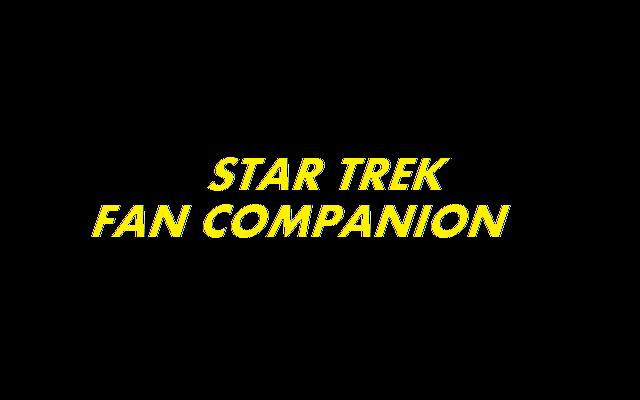rating: ***
the story: Dal tries his luck with the Kobayashi Maru training program.
review: In all three Star Trek shows that've broadcast new episodes in the past few months, either the Kobayashi Maru program itself or something similar (in the case of Lower Decks) has been featured. The fourth season premiere of Discovery was even titled "Kobayashi Maru," and now Prodigy builds an episode around the program, with the title "Kobayashi." I don't know if the writers of these shows cross the hall, visit the same writing rooms, or there are producers suggesting any of this common material, but anyone actually watching all of it (Star Trek fans usually don't go out of their watch to watch all of it, as we all discovered in the '90s) might begin to consider the material somewhat repetitive. Again, there's no reason to expect every fan to see all of it (resources like this blog in which one person does are probably rare), but those that do, it's an odd choice, whether deliberate or remarkable coincidence.
There's the good enough excuse that each of the series is approaching this material from different vantage points and theoretically even for different audiences. Prodigy, for instance, is obviously intended for younger viewers, most of whom will probably never have seen any Star Trek before. They might later track down all the source material for the dialogue uttering from the mouths of famous franchise characters like Spock, Uhura, Scotty, Odo, (and the new stuff from Crusher) (I don't know why Enterprise in particular should have been left out), or, eventually, attempt to watch all of it, I don't know. The effort of putting this material together is itself perhaps the most ambitious and fan-friendly thing Prodigy has done, something those who haven't been watching, and perhaps don't intend to watch again might very well consider, as with the Deep Space Nine episode "Trials and Tribble-ations," is worth the odd visit. So it can be an experience for both new and existing fans.
I haven't dubbed an episode of the series worth classic status yet. This one comes closest. The reservation, as always, comes with lead character Dal, who still doesn't feel like he's overly worth getting attached to, who keeps stumbling up against his limitations without really growing from the effort. In a format like this it probably feels like exactly the right thing for the creators to be doing, since they're serializing the whole season, and thus don't want to be making definitive points too soon. Which is, for me, a huge part of why this kind of TV should always be approached with caution, especially when the show goes out of its way, at the start, to let you know that the journey is going to be the whole point.
The cast around Dal continues to be engaging, although they're increasingly one-note characters, except for the only other one, Gwyn, with an arc, and as of this episode, possibly not even exactly what it had previously seemed. Her bad dad, the Diviner, hasn't given up yet his quest for the wayward Starfleet ship that also offers up tantalizing answers to its own mysteries, including a glimpse at Hologram Janeway's old running mate, Chakotay. What if the Diviner isn't quite the villain he seemed? But also, crucially, how does he stand even a remote chance, under his own power, of reaching the Protostar, which has leaped to an entirely different quadrant? Unless Gwyn can convince everyone it's in anyone's interests to make it happen?
criteria analysis:
- franchise - All those familiar faces, and voices! are like puppy chow for fans. Hard not to love. The Kobayashi Maru simulation is itself enticing, although the show's demonstration of it circles far around its parameters.
- series - A few tantalizing clues about why lies ahead, including our first glimpse at what lay behind.
- character - Dal is, for me, as hard to like as always, but placing him into familiar context at least places his struggle into a palatable light.
essential - It's strange, for a series built around borrowing one familiar face to throw so many others at the viewer, and only a glimpse of the one who actually serves a purpose to the plot. It's an episodic adventure that both yearns to be more than the series has been and sinks into the poorer instincts that have saddled it since the start.
notable guest-stars:
Robert Beltran (Chakotay)
